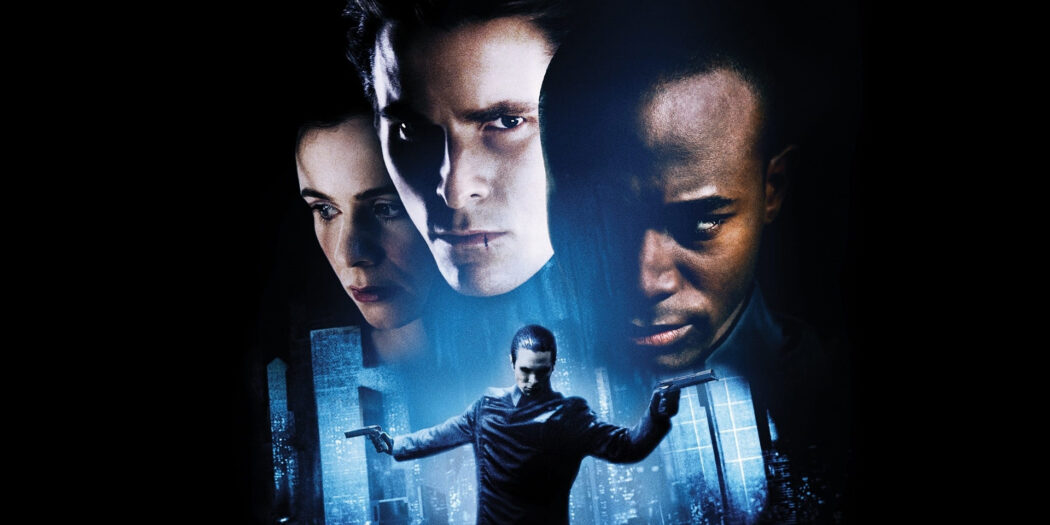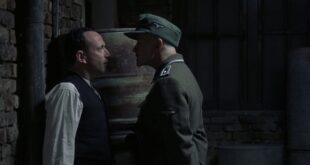Kurt Wimmer’s Equilibrium is a curious case. It explores themes of individuality, free will, and the power of human emotion. It’s a bit of a jumbled mess and sloppy at times, but some good action scenes and a few thought-provoking ideas are also interspersed. Roger Ebert wrote, “Equilibrium would be a mindless action picture, except it has a mind. It doesn’t do a lot of deep thinking, but unlike many futuristic combos of sf and f/x, it does make a statement.” In a way that perfectly encapsulates how I feel about the film. It’s a stylish action film that gives you a little to think about. You can even throw in some camp as well. Despite flaws and derivativeness, Equilibrium is enough to warrant a recommendation.
Equilibrium is set in a dystopian future where the world has suffered a devastating Third World War. To prevent further conflict, the totalitarian regime of Libria has outlawed emotions, believing that they are the root cause of war and suffering. The population is forced to take a daily dose of Prozium, a drug that suppresses emotions, and a strict government called the Tetragrammaton Council enforces this rule.
The film follows John Preston (Christian Bale), an elite Grammaton Cleric whose job is to hunt down and eliminate “sense offenders” – people who refuse to take Prozium and experience emotions. Preston is a loyal servant of the regime, but his world is turned upside down when he accidentally misses a drug dose. As his feelings resurface, he becomes more aware of the beauty of art, music, and human connection and starts questioning the oppressive society he has been serving. His encounters with a rebellious woman further fuel Preston’s transformation, Mary O’Brien (Emily Watson), who challenges his beliefs and inspires him to resist the regime. As he grapples with his newfound emotions and the harsh reality of the world around him, Preston forms a secret alliance with a group of underground rebels led by Jurgen (William Fichtner).
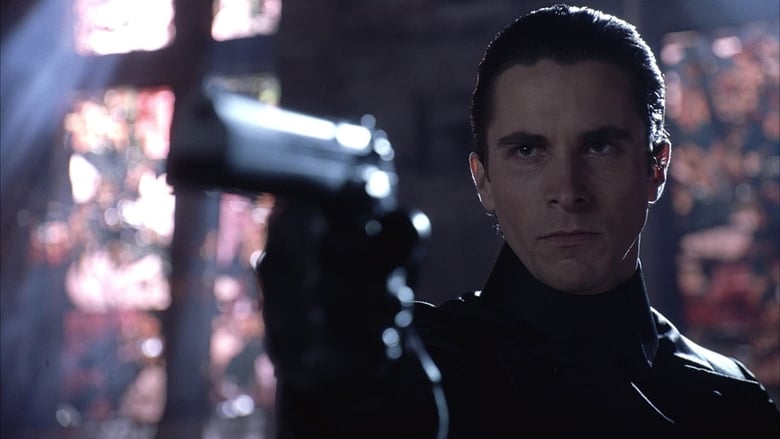
With his exceptional combat skills and knowledge of the inner workings of the government, Preston becomes a valuable asset to the resistance. However, his actions do not go unnoticed, and he must face off against his former friend and colleague, Brandt (Taye Diggs), who is determined to enforce the regime’s rules. Together, they plot to bring down the corrupt system and its leader, Father (Sean Bean), who has manipulated the population into submission. As Preston and the rebels inch closer to their goal, they uncover a shocking truth about the regime and its true intentions. The film culminates in high-stakes battles as Preston fights for freedom, justice, and the right to experience human emotions.
The film’s central premise is that emotions are the root of all human conflict and suffering. The government has implemented a strict control regime, using Prozium to suppress emotions and enforce compliance. However, the film raises the question of whether this kind of totalitarian control is ultimately desirable or even possible. John Preston’s (Christian Bale) transformation from a loyal enforcer of the government’s laws to a rebel who values individuality and human connection challenges the idea that emotions are inherently evil and that a society devoid of them is the only path to peace and stability.
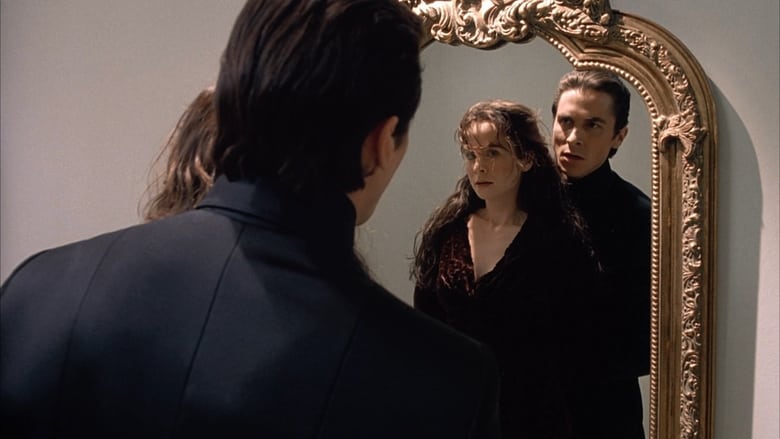
One of the film’s key themes is the power of art and creativity to inspire emotion and foster individuality. The government’s prohibition of all art forms, from books to music to paintings, is meant to prevent the kind of emotional responses that could lead to conflict. However, the film suggests that art is a fundamental aspect of what makes us human and that we become mere automatons without it. The government’s strict regime of conformity and suppression of individuality is meant to maintain order and prevent conflict, but it is ultimately shown to be unsustainable.
It’s a shame that Dimension Films barely released a film with many relevant ideas and entertaining action in North America. The most comprehensive release was a mere three hundred theaters. Equilibrium made a name for itself and gained a cult on the DVD release. Theaters were its most extended release, which to me, is absurd. The $20 million movie already made money overseas, so I guess the idea behind it for Dimension was, let’s not turn it into a profit loss by spending on an advertising campaign. That’s pretty shitty to do to a film with a few established stars and even Sean Bean dying in a movie yet again.
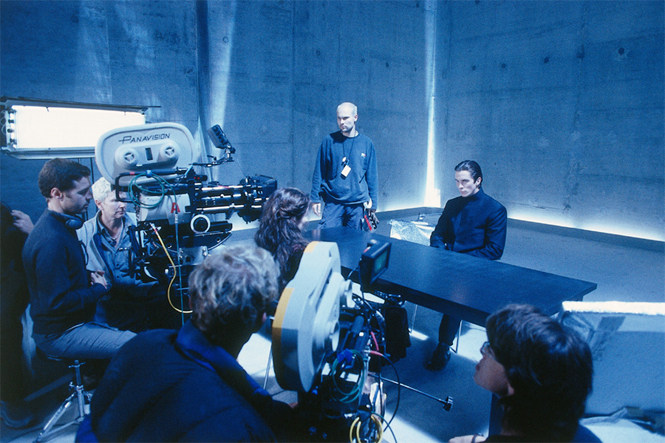
Equilibrium is not a masterpiece, and I want to make that clear. There are flaws in it. At times, it’s pretty silly and outright goofy. Undoubtedly, there’s a familiarness to it all. We’re reminded of things constantly that we’ve seen in other movies and books. Visually the film is a bit up and down. It benefits significantly from on-location shooting in Berlin, noted for specific fascist-type architecture. Sometimes it looks fantastic other times like a cheap Matrix rip-off. It’s to the point of distraction. There are some consistency and pacing issues. The movie feels choppy. This is a dystopian society where emotions are outlawed, and conformity is strictly enforced. Yet, Taye Diggs’s character Andrew Brandt is presented as a career-driven loyal citizen who can be quippy, make sarcastic remarks, and frankly show some emotion. It’s strange.
The film relies on the strength of the cast, and there are fine performances in it. Christian Bale’s performance as John Preston is one of the film’s most vital elements. At the film’s start, Preston is a staunch supporter of the government’s regime, coldly carrying out his duties without any sign of emotion or compassion. However, as the film progresses and Preston begins to experience emotions himself, Bale’s performance becomes increasingly complex and layered. As Preston starts questioning the morality of his actions and grapples with his newfound feelings, Bale captures the character’s sense of confusion and uncertainty with great skill. His facial expressions and body language convey a sense of turmoil and inner turmoil, making it clear that Preston’s journey is not easy.
Emily Watson’s performance is another strong aspect. She helped to add depth and emotional weight to the story. Scenes with her and Bale shine with chemistry. Sean Bean, who dies again on film in this, is another substantial part of the film. Scottish actor Angus Macfayden plays the film’s real villain, Vice Counsel DuPont. He has a spectacularly cheesy and awesome “gun kata” martial arts scene with Bale at the end. Taye Diggs gets to play a heavy but is ultimately subservient to more prominent players. It’s an enjoyable performance though I was confused, considering emotions are outlawed, yet he gets to make quippy, sarcastic remarks. William Fichtner turns up and is your normal reliable William Fichtner.
It was tough to do this review because I was taken aback by how awesomely corny but, at times, thrilling this movie can be. Equilibrium is a cult classic, no doubt. I don’t think I’m breaking the news there. Nonetheless, it’s always good to remind movie watchers to see or spread the good word about films that fell through the cracks 20 years ago as part of the lost films of post-9/11. Is it perfect? No, but it’s a lot of fun with something to maybe think about as well.
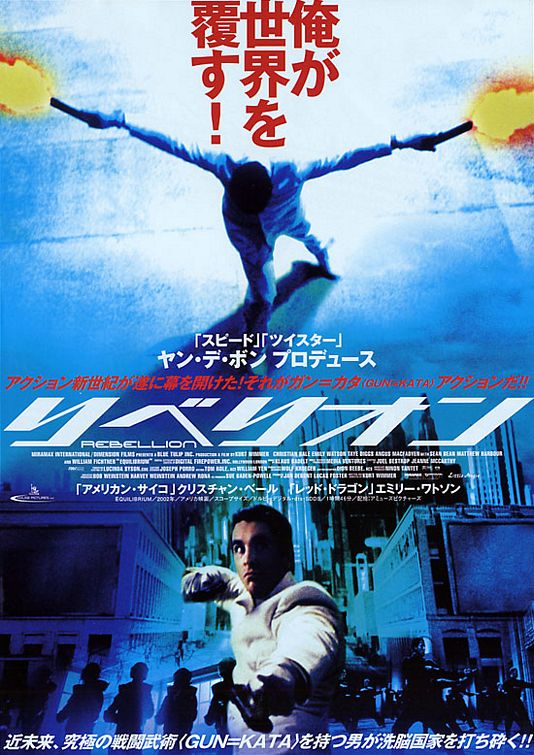
 Movie Finatics The Place for Movie Lovers
Movie Finatics The Place for Movie Lovers
